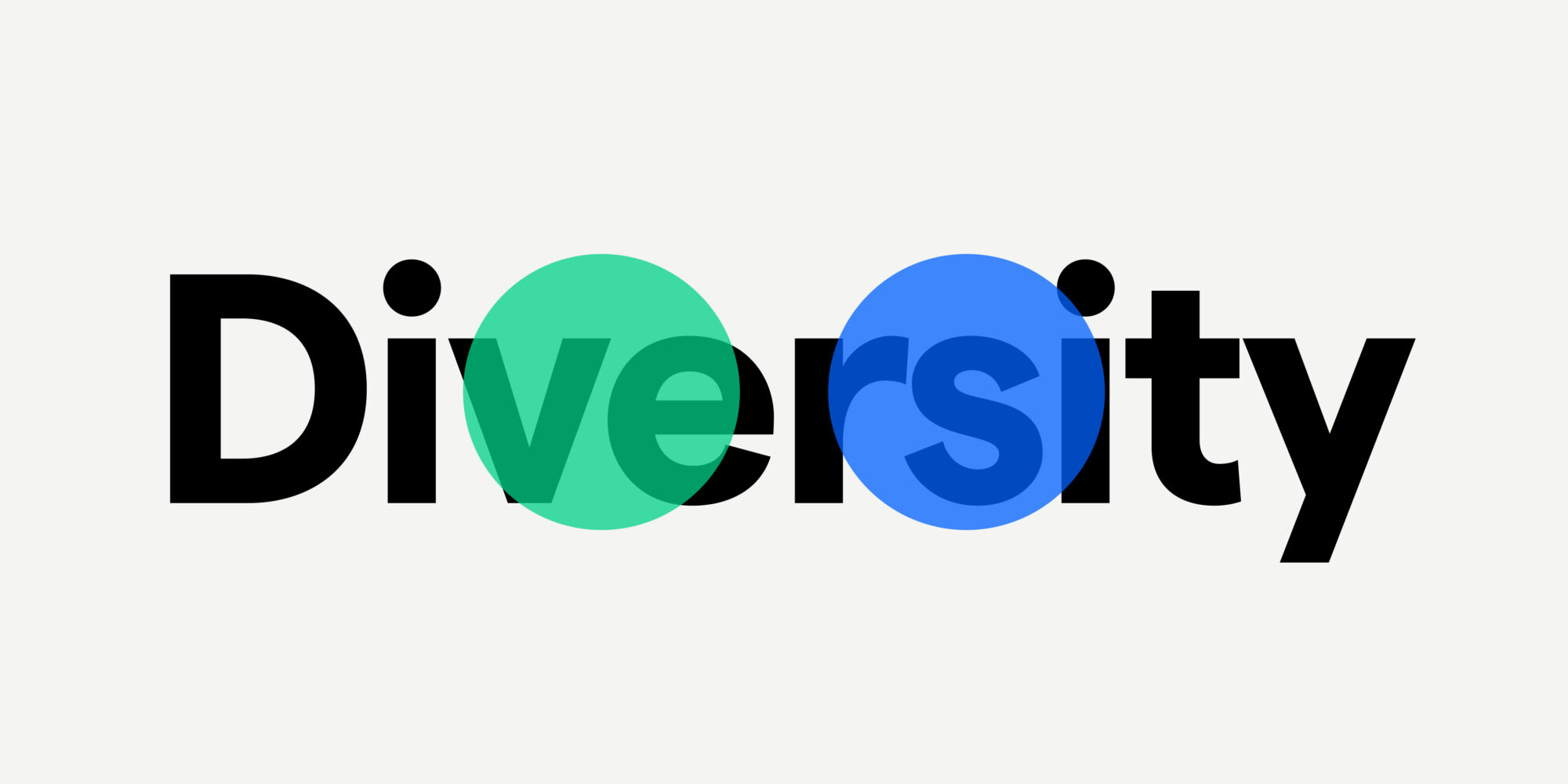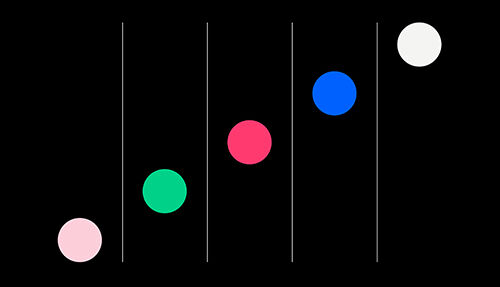Semi Permanent Part 2: It's never one person.

Everyone at Semi Permanent talked about collaboration; some explicitly and others when giving credit to their teams. We all naturally work with other people day in and day out but having greater awareness of who and how is vital. This is why lesson number 2 is:
Collaborate and encourage diversity and inclusion
Hazel Baird and Heidi Berg from Elastic, creators behind the opening titles for the festival, said “It’s never one person”. Heidi admitted it can be tricky with a mix of personality types, even creating a ‘safe word’ so a more introverted colleague could tell her when she was being too much. But being open to feedback is a way to help those around you.
At Teenage Engineering, Jesper Kouthoofd’s diversely skilled team do everything in parallel. Yes - this can take a lot of time but they want to work together and it gives a holistic view of what a product is. He’s set up strict design rules that remove complexity from decisions like which colours, typeface and even measurements to use, allowing more focus on making some seriously cool synthesizers (something I never knew I wanted until now).
It seemed unanimous that collaboration worked even better when it was between a diverse range of talent. Rare is an initiative by Google that celebrates difference: “We realise leadership potential in minorities – for the good of culture and creativity.” Tara and Stefanie introduced a selection of speakers with very different stories to tell.
Takunda Muzondiwa, a young spoken word artist described how minorities often feel they have to assimilate to fit into a new culture, giving up their own heritage to find a place within systematic biases. And a lot of these biases can be unconscious, as noted by Helena Brooks, a director working to change the proportion of women in media.
In a previous talk, code artist Kyle McDonald said that even computers can be biased, depending on who is instructing them and where they are learning from. In 2015, a Google algorithm that categorised photographs labelled a couple with dark skin as ‘gorillas’. This was not on purpose, but an appalling error due to a lack of data on skin tones. If only the software had been trained and tested by a diverse group of people.
Sometimes biases are held within governments, making an inclusive culture illegal. Olympian snowboarder Sarka Pancochova is using her platform to fight to legalise gay marriage in Czech Republic. Her country celebrates and recognises her medals but not her relationship. She called out to the audience asking if anyone had any ideas to help. Over to the power of collaboration!
To read part 3 of our 4 part Semi-Permanent series click here.







